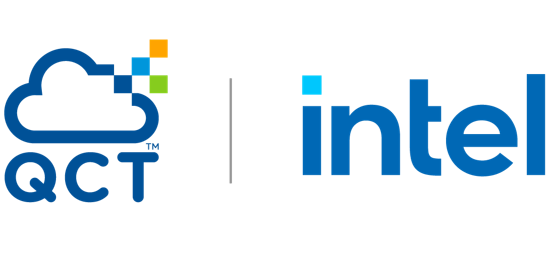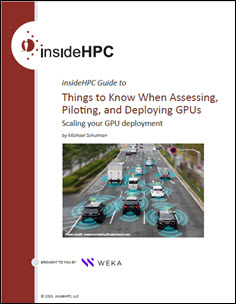
Andres Rodriguez is a Sr. Principal Engineer with Intel AI Products Group (AIPG)
In this video from the Intel HPC Developer Conference, Andres Rodriguez describes his presentation on Enabling the Future of Artificial Intelligence.
Artificial Intelligence (AI) is unlocking tremendous economic value across various sectors. Data scientists can use several open-sourced frameworks and basic hardware resources during very initial investigative phases. This talk will detail what’s been done and future plans to democratized AI.”
Early adopters of AI across industries and organizations are uncovering significant breakthroughs based on deep information within data. AI is paving the way to solve highly complex medical challenges, advance scientific research, and better predict events and human behavior. Intel has the industry’s most comprehensive suite of hardware and software technologies that deliver broad capabilities and support diverse approaches for AI—including today’s AI applications and more complex AI tasks in the future.
Andres Rodriguez is a Sr. Principal Engineer with Intel AI Products Group (AIPG) where he designs deep learning solutions for Intel’s customers and provides technical leadership across Intel for deep learning products. He has 13 years of experience working in artificial intelligence. Andres received his PhD from Carnegie Mellon University for his research in machine learning, and prior to joining Intel, he was a research scientist and principal investigator for deep learning with the Air Force Research Laboratory and adjunct professor at Wright State University. He holds over 20 peer reviewed publications in journals and conferences, and a book chapter on machine learning.




CPU processing just doesn’t cut it in today’s HPC environment, if you’re not going clustered GPU’s then you’re missing the boat…… computational workloads, especially embarassingly parallel workloads, simply don’t run as quickly on CPU’s as they do on the GPU hardware of today’s most advanced HPC platforms…. Intel’s fooling themselves if they think “democratizing” Xeon processors is the answer….. it isn’t….